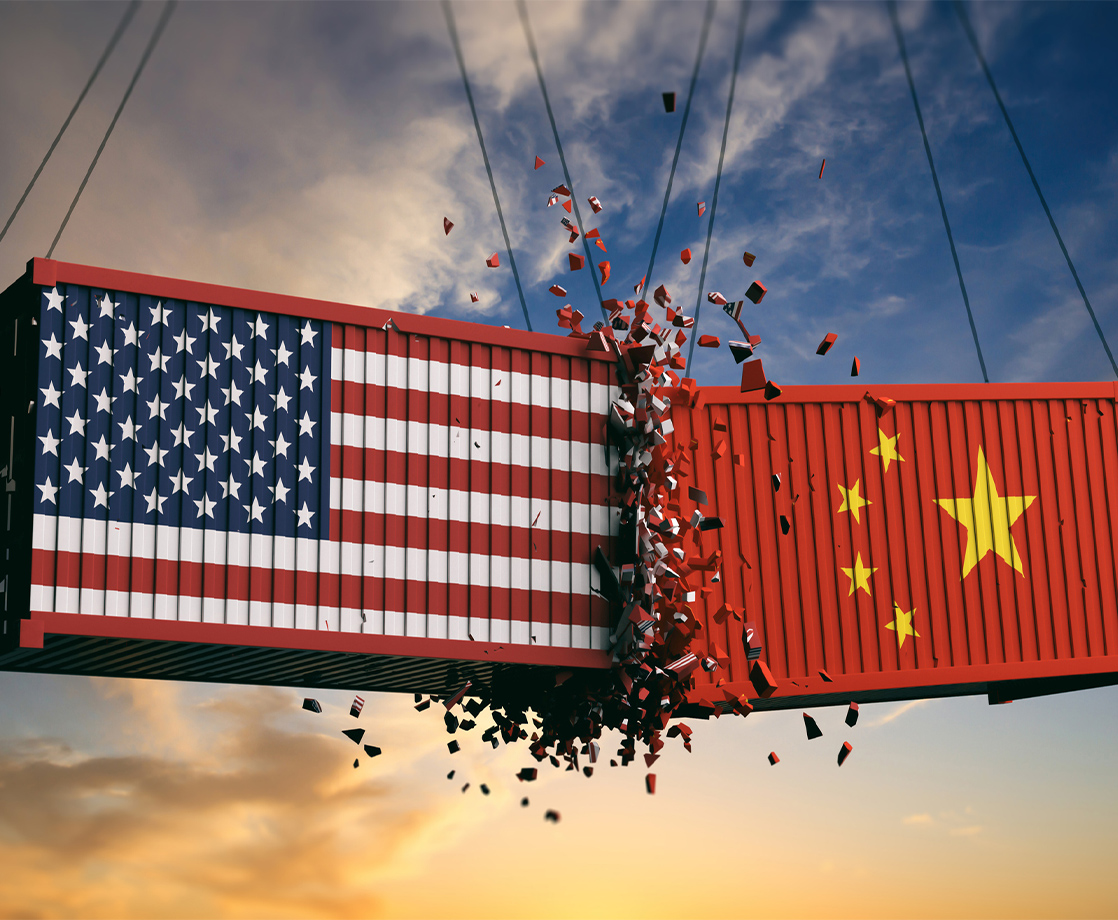The recently-inked trade agreements between the US and China are spelling out good news for America’s new domestic hemp industry. As part of the agreement, China has agreed to increase the amount of agricultural products that it imports from the US over the next two years.
Included among the list of these agricultural products is “true hemp,” referring to the low-THC cannabis variant recently legalized by the passage of the 2018 Farm Bill. The deal does not specify exactly how much more hemp China will be importing, but the agreement states that China must import $12.5 billion more agricultural products (including hemp) in 2020 than it did in 2017. Next year, China must increase its agricultural imports by $19.5 billion.
“The fact that China would be importing our hemp and would be giving a new market for American farmers is pretty exciting,” said Jonathan Miller, general counsel for the US Hemp Roundtable, to Marijuana Moment. Overall, Miller believes that the inclusion of hemp in the trade agreement is a “really good development” for the country’s new hemp industry.
The idea of China importing American hemp is somewhat ironic, as researchers now believe that cannabis evolved in western China over 28 million years ago. Archaeologists have also discovered evidence that the ancient residents of the mountains of Central Asia deliberately cultivated high-THC cannabis plants, separated the bud from the stems, and burned it during ceremonies.
China already provides half of the world’s hemp products, and the US actually imported $3.3 million of Chinese hemp in 2018, before the federal government legalized domestic hemp production. Last year, two of China’s 34 regions quietly began cultivating hemp specifically for the purpose of extracting CBD, but the country’s extreme drug prohibition laws are likely to slow the spread of this non-psychoactive hemp derivative.
The economic opportunity created by this aspect of the new trade agreement may offset some of the negative impact that the Trump administration’s tariffs have already put on the cannabis industry. Like most other manufacturing industries, the US cannabis industry imports the raw materials for many of their products from China. These imports, which include glass, plastic, electronics, and paper used to make vapes, pipes, and bongs, are now subject to increased tariffs.
It has been estimated that these tariffs could cost the overall US economy as much as $40 billion, and put 12,000 stores out of business. The specific impact on the cannabis industry has yet to be estimated, but now there is hope that the boost in revenue from domestic hemp exports could help soften the blow.











